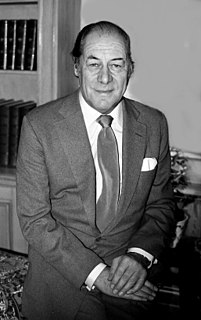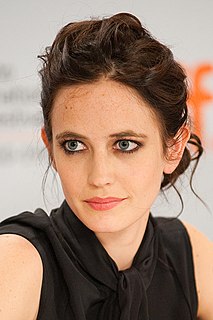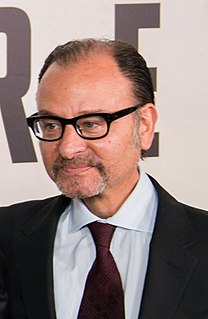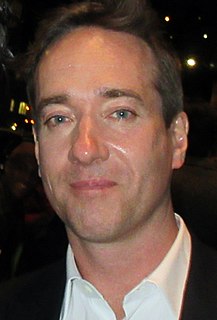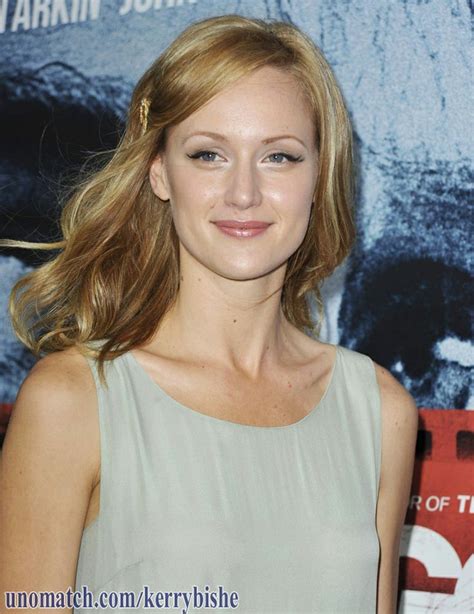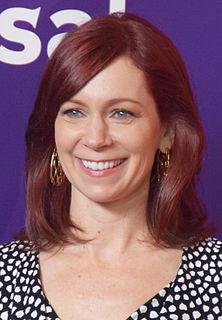A Quote by Susan Sarandon
In the theater, you're so much more in charge as an actor. For better or for worse, you know what the audience is seeing. But you can be acting your socks off on film, and then you see the movie, and the camera is on the other actor, or they've cut out the lines you thought were significant, or they've adjusted the plot. So much of it is out of your control.
Related Quotes
Acting is bad acting if the actor himself gets emotional in the act of making the audience cry. The object is to make the audience cry, but not cry yourself. The emotion has to be inside the actor, not outside. If you stand there weeping and wailing, all your emotions will go down your shirt and nothing will go out to your audience. Audience control is really about the actor
As an actor, you are sort of only in charge of yourself. All you can really control is your performance. You don't know what they're going to do with it in the editing room, what they're going to cut out, which take they're going to use. You know, your control is very limited. As a director, it's ultimately your piece. You have a lot more responsibility, but you also have a lot more creative control. It's scary, but also liberating in a way.
People call me a theater actor, but I'm just an actor. But I tell my friends all the time - especially a lot that do theater and haven't done a lot of TV/film - that you have so much more control over your work onstage. When you go onstage, you can really see the difference between people who can really do it, and people who are just kind of pretending to do it. There is no editor, there's nothing that's going to stop the actor from showing what they can do unless it's not a well-written role.
Theater for me is terrifying but much more rewarding, because you know what they're seeing. Film is all little bits and pieces. And you can do an amazing job, but if the camera isn't getting it, it doesn't work. And then other times when you feel you really weren't present, and then you see it and somehow it works. So there's a mystery, there's a strange collaboration that takes place with everybody.
Once I hit 25, I realized I had to do more than just be an actor. I love acting, but there's something that makes it difficult to just be a man, a grownup. Not to take away from any actors, but I knew I wasn't going to be Tom Cruise. I knew I was a character actor, which is great and I'm proud of it. But I knew that I wanted to do more. I started producing and directing and writing and stuff for the theater, and then that grew out of hand and I sort of lost my control. I've always loved the process of filmmaking. Now I'm much more into producing docs, but I want to direct features.
I just enjoy the filmmaking side of things. I feel like when you're an actor, sometimes you're in other people's hands and they're in charge of your creative life. Whereas with my production company, I'm the one that gets to make those choices for how I'm gonna spend my time and what content I'm going to be creating. I definitely learn a lot, especially about acting, by producing and directing and seeing how it all comes together, and seeing the other side of things, appreciating what goes into pre- and post-production, and all those things you don't see when you're an actor.

